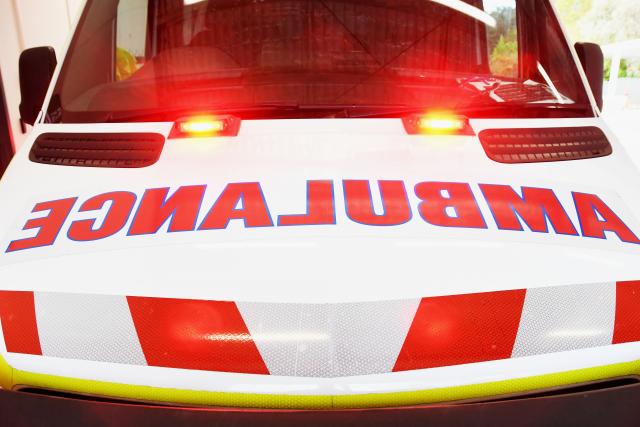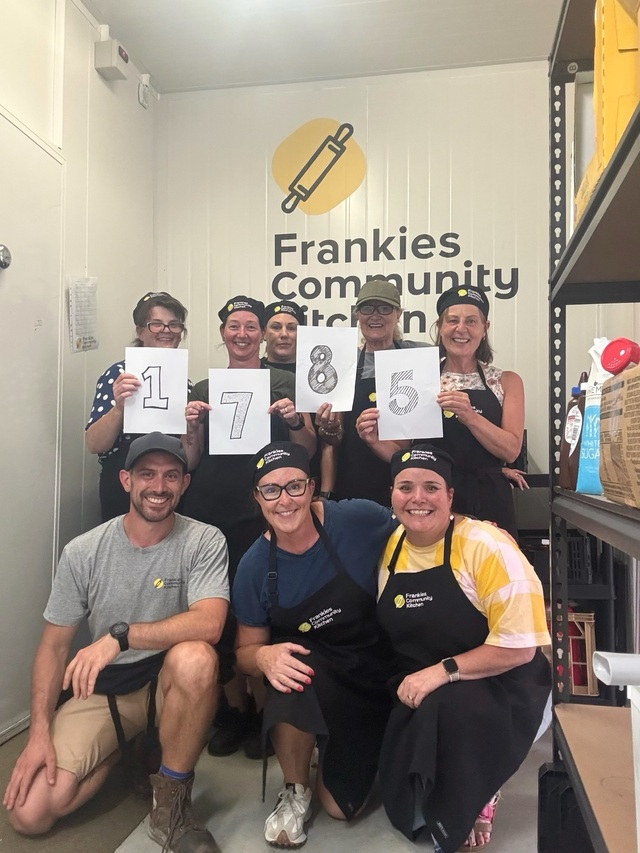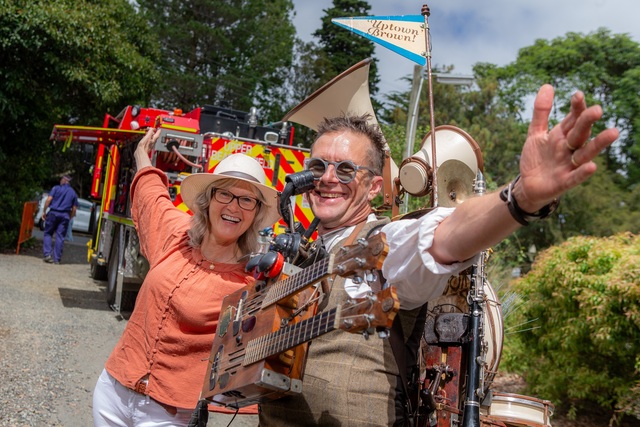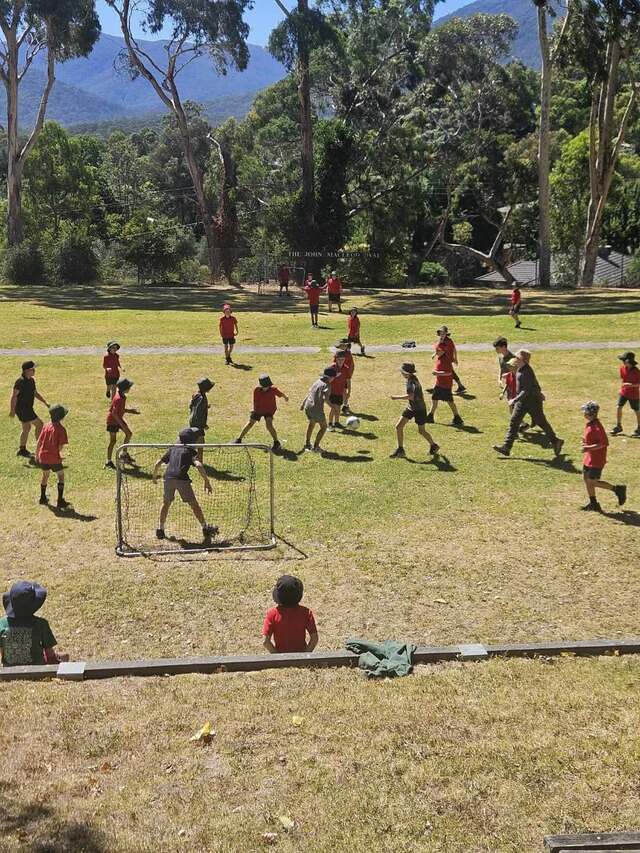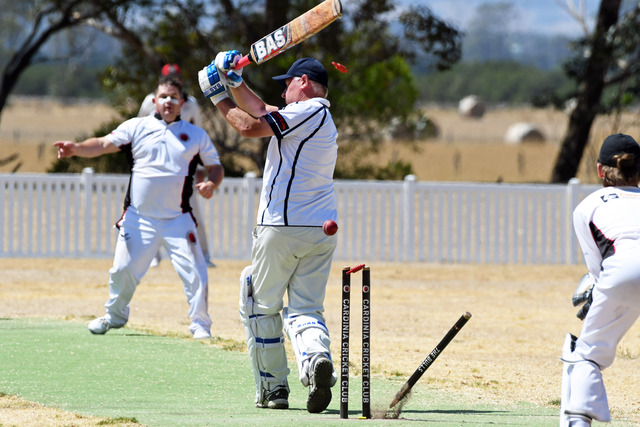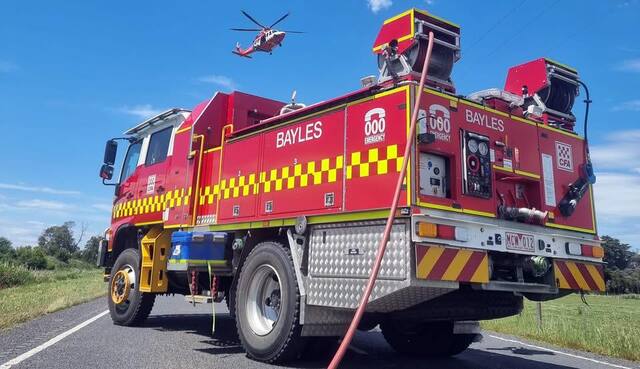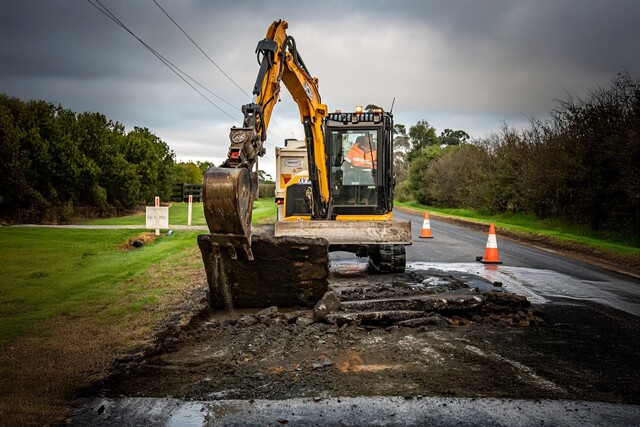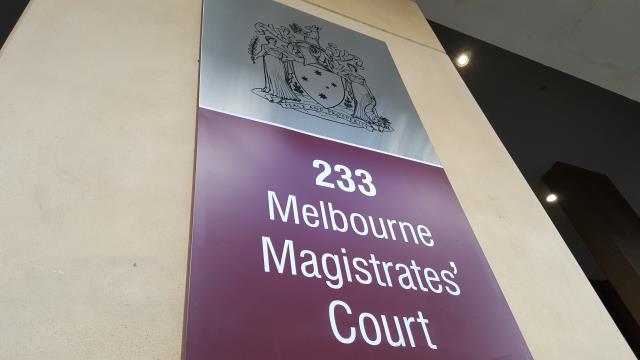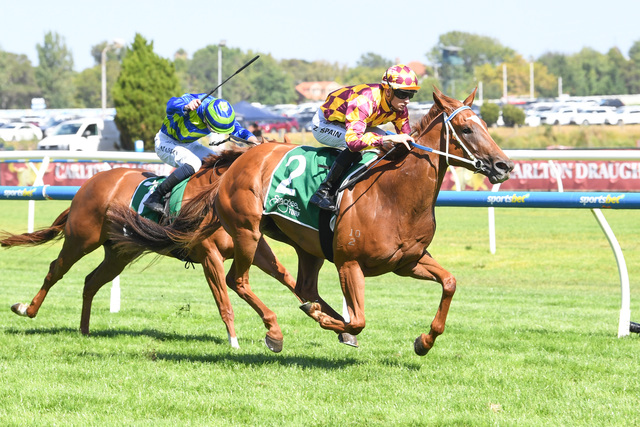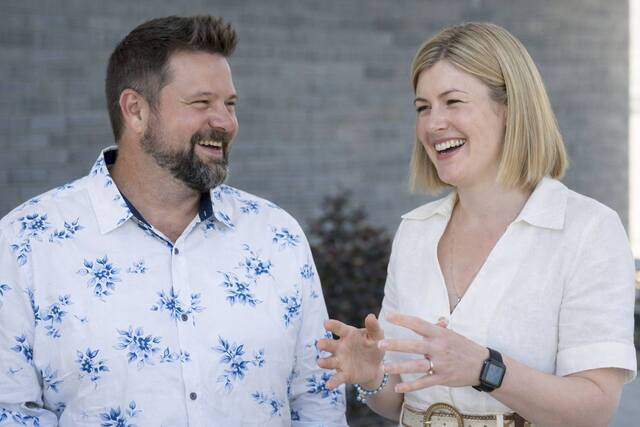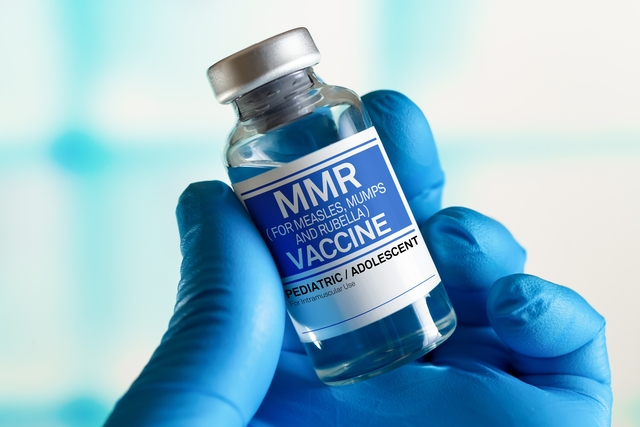Despite Ambulance Victoria (AV) paramedics attending to more Code 1 patients in Cardinia within the target of 15 minutes during the January to March 2024 period than the previous quarter, the average response time remained a minute and 52 seconds above the target.
The figures for the January to March period showed paramedics responded to 57.3 per cent of Code 1 patients within 15 minutes, which was a 5.9 per cent improvement compared to the October to December 2023 period and an 8.4 per cent improvement compared to the same period last year.
The average response time in Cardinia over the January to March period was 16 minutes and 52 seconds across 1654 responses, an improvement of 59 seconds on the October to December 2023 period.
In the Drouin urban centre and locality (UCL), 74 per cent of Code 1 responses occurred within 15 minutes, with an average response time of 14 minutes and 36 seconds, which represented a drop compared to the October to December 2023 period with 76.9 per cent of Code responses within 15 minutes and an average response time of 13 minutes and 57 seconds.
In terms of Code 2 patients, Cardinia’s response times were the best they have been over the past year, with an average response time of 39 minutes and three seconds across 804 responses, which represented an improvement of two minutes and 39 seconds compared to the same period last year.
However, in the Drouin UCL, Code 2 responses have ballooned over the past year, with an average response time of 41 minutes and 49 seconds within the January to March period, which was 12 minutes and 12 seconds slower than the same period last year despite there being 11 responses fewer than the January to March 2023 period.
AV metropolitan regional director Michael Georgiou said demand for paramedics across the state had increased by 4.4 per cent compared to last year, with patients encouraged to keep up-to-date with Covid and flu vaccinations to ensure you and your loved ones remain healthy coming into the winter period.
“Winter is a particularly bad time for the spread of illness,” he said.
“Along with simple things like staying home if you’re unwell and washing and sanitising your hands often, these routine winter vaccinations can protect what’s most important to all of us – our health.
“We also encourage all Victorians to take care of themselves, keep regular check-ups with your GP or specialist – and if it’s not urgent, get familiar with alternative care pathways.”
AV acting clinical operations executive director Andrew Keenan said while ambulances were always provided to patients when required, about one in five calls to Triple Zero do not need an emergency ambulance response, with alternative options like a local Priority Primary Care Centre (PPCC), the Victorian Virtual Emergency Department (VVED) or Nurse-On-Call available.
“From January to March, 39,227 people who did not need an emergency ambulance were instead connected to more appropriate care by paramedics and nurses in AV’s Secondary Triage team,” he said.
“We again remind everyone to save Triple Zero for emergencies – this is to ensure the sickest Victorians receive life-saving care.
“We continue to work with hospitals to improve transfer times, relieve pressure in the system and ensure ambulances can become available to respond to emergency cases in the community.”
Nurse-On-Call is available 24/7 at 1300 60 60 24, while you can register for the VVED at www.vved.org.au

